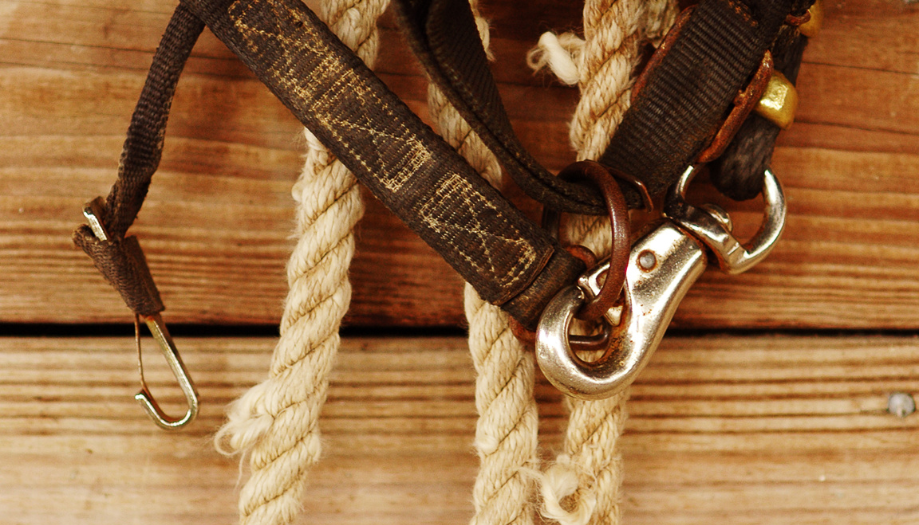For MQR 61:2, “Decades of Fire: New Writing from the Middle East and North Africa,” Daniel Behar translated four vignettes from Luqman Derky. He also introduced and read “Homeland Multiplier,” the fourth of these vignettes, for the issue’s virtual launch reading. You can find Behar’s reading along with the text of “Homeland Multiplier” below.
Homeland Multiplier
Whether our drunkenness began in the afternoon or at night, my Iraqi friend, the refugee and performance artist Faruq, would pounce on any opportunity to remember Iraq and embark on one of his dramatic monologues accompanied by authentic tears: “Baghdad… El-Rashid Street… El-Saʿdun Street… Neurosis Café… That was the name, really!… government informants gave it this name because that’s where the intellectuals would meet. I miss Baghdad so much… River Street… Parliament Café… Abu Nuwas Bar… Bannay Library… the Brazilian Café… Umm Kulthum Café… ah, Baghdad…Baghdad… the Tigris… El-Muʿazzam Gate…” on and on marched the procession of places, streets, poets and artists both obscure and famous, deceased and imprisoned, and I would be easily affected by Faruq’s emotionality and flowing tears. Sometimes I would even contend with him in a crying match, knowing it’s enough to utter the word Dajleh, Tigris, in passing for him to be triggered and take flight on one of his sweeping nostalgic fantasies.
Faruq never minded the people present and disregarded their moods. If the atmosphere wasn’t right for a public call to weep, he would bend sideways and whisper his monologue in my ear. I was the permanent victim in any case, whether we were alone or in the company of friends. If the companions happened to be Iraqis, a house of mourning would be opened at the table, especially when Faruq goaded the others to share with him their stock of tears. The Iraqi from Holland gulped down his drink, gave a grim look toward some vague horizon and said: “Exile ruined me.” Another one from Denmark affirmed: “me too, crushed by exile.” Faruq would continue stirring their emotions with a secret pleasure: “remember our evenings in Abu Nuwas? We would hang out until nighttime and then go eat patcha by the Anonymous Soldier Monument. Patcha El-Hati?” They all burst into a chorus of wailing, repeating the name of the patcha restaurant… “Patcha El-Hati… yes, of course.” The patcha with a p instead of a b and the Iraqi tch sound is a dish parallel to the heads, feet and sausage we have here in Syria. Faruq is then bombarded with memories and unloads them onto us until the Arak glasses break from tears and the table is filled with handkerchiefs moist with whatever pours from our eyes and noses. Next, Faruq notices the collective tragedy and tries to lighten the mood with an Iraqi song, yet the tragedy deepens since no Iraqi song is without sadness. Even the tune titled “Goodbye, Sadness” by the emperor of sadness, the Iraqi singer Yas Khidr, can make stones weep. Goodbye sadness, you say? Goodbye?!
Eventually, Faruq left Syria for New Zealand after I bid him farewell for at least ten times. Every time I said goodbye, assuming that his flight leaves the next day, I saw him in El-Rawda Café the next morning: “departure date postponed.” So it was until he finally left, not before he had ten goodbye parties, and not before the tear wells in my eyes managed to run dry. From that day on, I remained resistant to tears.
For some reason, I lost contact with Faruq. We reconnected when I left Damascus, now living through its own tragedy, and arrived in Kurdistan. My Iraqi phone rang when I was in Irbil, and on the line was Faruq. He arrived from New Zealand for a long visit. We made plans for a night out, and I kept thinking that here comes my turn to pour out streams of nostalgia for Damascus on top of Faruq’s head. I am the one who’s in exile now, the foreigner, the one yearning for homeland unlike any yearning before, the one missing the streets and the bars with the greatest possible passion.
We sat down. We drank the first glass, then guzzled a second to the rhythm of exchanging news about so-and-so from our friends and acquaintances. After the third glass, Faruq looked at me with loaded-up eyes ready for launch. With a moan, he started: “Oh, El-Sham… Damascus… El-Abed Street… El-Rawda Café… Faridi Bar… Iskandrun Restaurant… Salihiyya… Laterna Café…. Beautiful Lawrence… Abu Shaker the juice vendor… May 29 Street…. Cinema Al-Safra… Qabbani Theater…Najma Square… Damer… Majdulin… Jundul…Umayya Hotel… Yusuf al-Azma Square… El-Rayyes Restaurant… El-Sham Hotel… Hamra Theater… Sheikh Muhyi al-Din…Bouz El-Jedi…Bab Toma…Marmar… Eastern Gate… Abu Jurj…Al-ʿAfif… The Journalists Club…El-Riwaq… Al-Maydan… El-Mahabba Restaurant… Abu Haytham Restaurant… El-Marja… Hijaz Station… Baghdad Street… El-Deiriyya Restaurant… Shaaaam… Damaaaascus…” Then the humming began: “yā māl el-Shām yallah yā mālī / ṭāl al-maṭal yā ḥilwa taʿāli.” [Damascus – how is she? Goodness, how am I? / It’s been so long, sweetheart, come to me.] I was, once again, on the brink of crying.
Irbil, 19.2.2013
Translated from the Arabic by Daniel Behar
For more from “Nafar Dot Homme” and from the Spring 2022 special issue of MQR, “Decades of Fire: New Writing from the Middle East and North Africa,” you can purchase the issue here.






